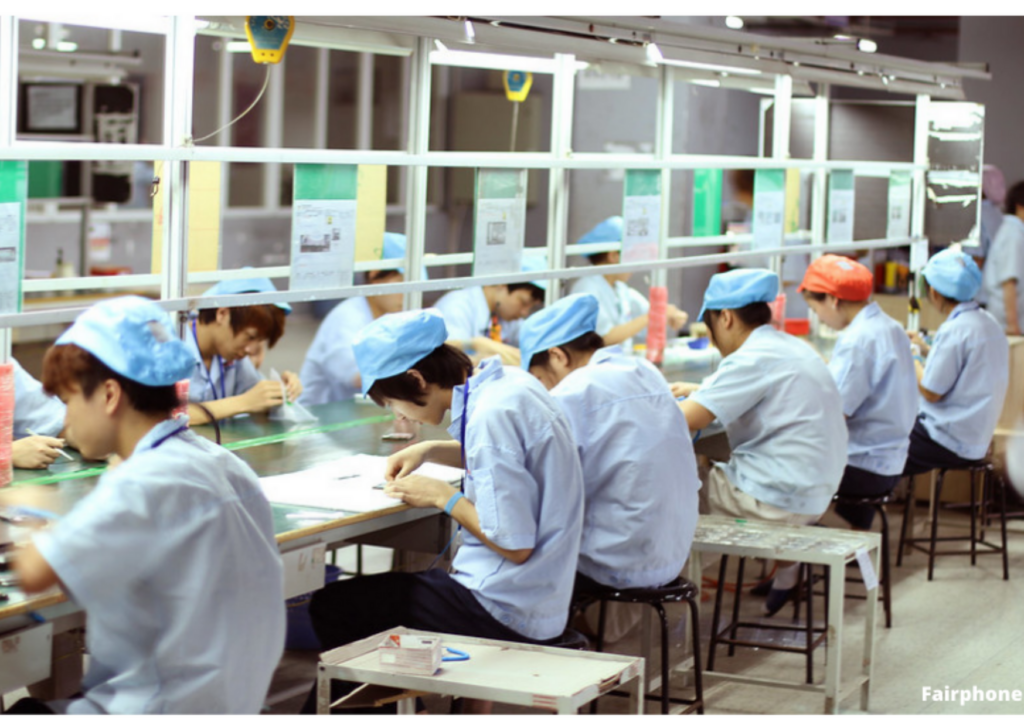
US$468 billion of G20 nations imports are goods at risk of modern slavery, as the electronics plays a major role.
Modern slavery takes many forms and is known by many names: forced labour, forced or serville marriage, forced commercial sexual exploitation, human trafficking, slavery-like practices, and the sale and exploition of children. In all its forms, we’re talking about “the systematic elimination of people’s freedom”, where they cannot reject situations of exploitation for threats, direct violence, coercion or deception. This is defined by the Global Slavery Index 2023 report by Walk Free, which estimates that 50 million people have lived in modern slavery worldwide during 2021 – 10 million more people compared to the figures published in 2018 –. The study has been carried out with data from the International Labour Organisation (ILO), Walk Free and the International Organization for Migration (IOM), which reveals 1 in 4 are children, while 54% are women.
A deeply related practise with the G20 nations consumer culture
There are diferents causes for this practice, as the report points out, but G20 nations’ consumer culture is closely related. The data indicate that although the greatest prevalence of forced labour is in countries with the lowest income, these are related to the demand of higher income countries. In this regard, the report highlights the role played by the G20 nations, as almost two thirds of all cases of forced labour relate to global supply chains, that is to say, in the extraction of raw materials and at production stages.
Electronics markets with the most products at risk of forced labour
G20 nations import US$468 billion of at-risk products annually, as the electronics sector plays a major role.The top five highest value at-risk products imported by the G20 were electronics (US$243.6 billion), followed by germents (US$147.9 billion), palm oil (US$19.7 billion), solar panels (US$14.8 billion), and textile (US$12.7 billion).
The study also points out that electronic products imported by the G20 countries from China and Malaysia remain at the highest risk, also recording in Malaysia cases of forced labour of migrant workers from Bangladesh, Nepal, Myanmar and Indonesia.
Recommendations
The report calls on governments around the world to immediately take the following five key actions:
– Implement stronger measures to combat forced labour in public and private supply chains by introducing legislation to stop governments and businesses from sourcing goods or services linked to modern slavery.
– Embed anti-slavery measures in humanitarian and crisis responses, and ensure that human rights are embedded in efforts to build a green economy.
– Prioritise human rights when engaging with repressive regimes, by conducting due diligence to ensure that any trade, business, or investment is not contributing to or benefitting from state-imposed forced labour, including where it occurs in the Xinjiang Uyghur Autonomous Region of China.
– Focus on prevention and protection for vulnerable populations by providing primary and secondary education for all children, including girls.
– Ensure effective civil and criminal protections in legislation to tackle forced and child marriage, including raising the age of marriage to 18 for girls and boys, with no exceptions.

